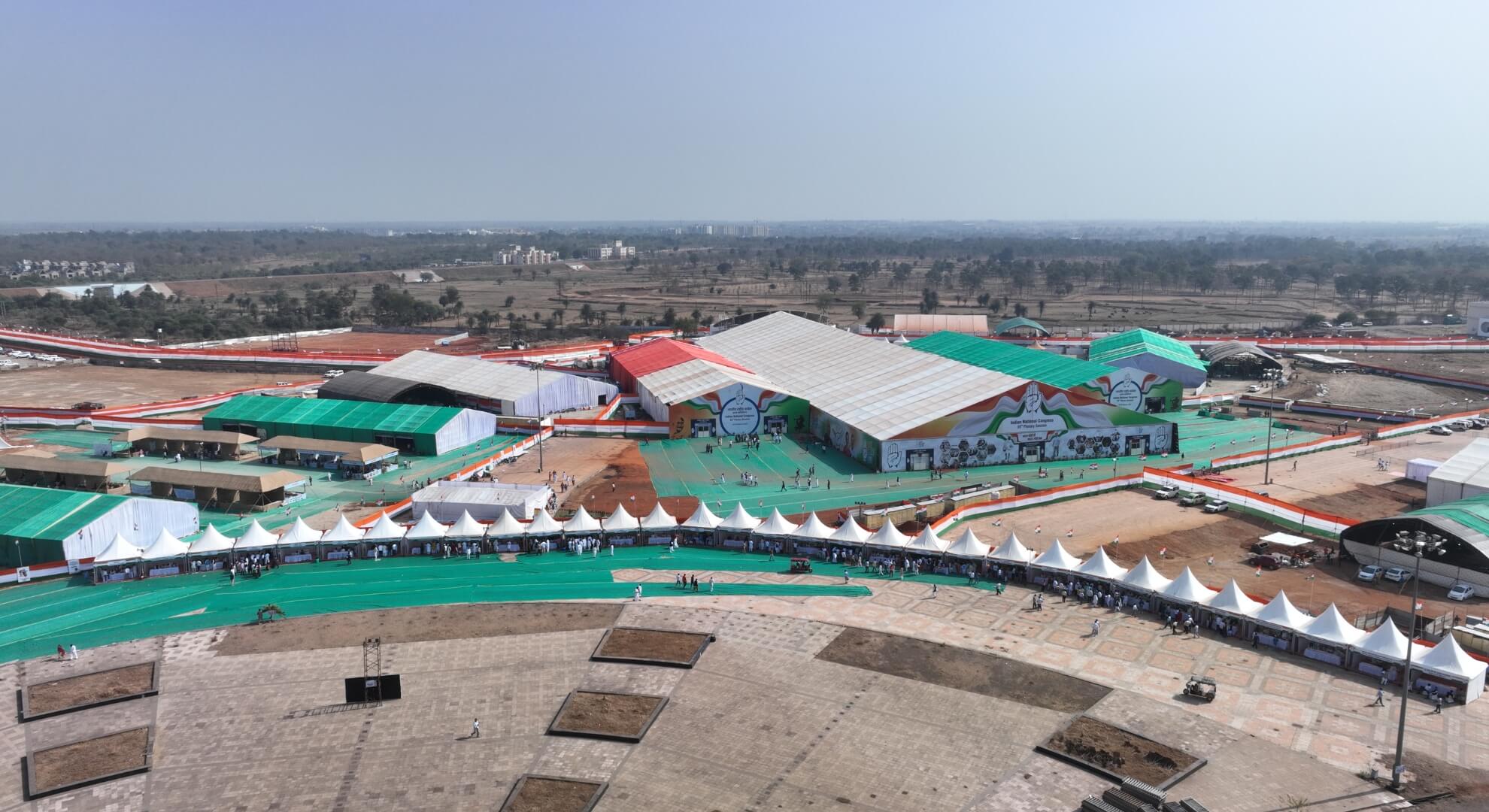In large-scale public gatherings, crisis management is essential to maintain safety and prevent chaos. We understand that a well-structured emergency plan can make all the difference. With proper coordination, quick decision-making and clear communication, risks can be minimized and attendees can stay safe.
“Being prepared isn’t just an option—it’s the key to saving lives.”
What is Crisis Management?
Crisis management at large events involves planning and executing safety measures to handle unexpected situations like medical emergencies, fires, crowd surges or security threats. Without the right strategies, minor incidents can escalate into major disasters.
Key Strategies for Effective Crisis Management
1. Risk Assessment & Proactive Planning
- Identify potential hazards and weak spots.
- Conduct thorough site inspections and map escape routes.
- Develop an emergency response framework tailored to the event.
2. Building a Trained Emergency Response Team
- Assign specialized personnel for medical aid, security and evacuation.
- Conduct mock drills to prepare for real-life emergencies.
- Ensure every staff member understands their specific role in a crisis.
3. Clear & Reliable Communication
- Use walkie-talkies, PA systems, and mobile alerts for instant updates.
- Inform attendees about emergency exits and safety measures.
- Coordinate with law enforcement, paramedics and fire departments.
4. Crowd Control & Surveillance
- Set up barriers and designated entry-exit points to prevent overcrowding.
- Deploy trained security personnel to manage large crowds effectively.
- Use CCTV and AI-powered monitoring to detect potential threats.
Emergency Action Plan: What to Do When Crisis Strikes
Medical Emergencies
- Ensure first-aid stations are clearly marked and accessible.
- Have paramedics on standby for immediate response.
- Use visible signage to direct attendees to medical assistance.
Fire Outbreaks
- Install fire extinguishers, alarms and sprinkler systems.
- Conduct fire drills before the event.
- Work closely with the fire department for rapid response.
Security Threats
- Implement bag checks, metal detectors and surveillance.
- Deploy a rapid-response team for immediate action.
- Monitor crowds for suspicious activities using live surveillance.
“Great crisis management isn’t about avoiding risks—it’s about being ready to act fast when needed.”
Post-Emergency Review & Continuous Improvement
- Conduct a thorough analysis of how the crisis was handled.
- Identify gaps and areas for improvement.
- Update safety measures to enhance future event security.
Why Trust Us?
With years of expertise in managing large-scale events, we ensure that every event is safe, well-organized and prepared for any emergency. Our team is trained to handle crises efficiently, so you can focus on hosting a successful event.
Final Thoughts
Crisis management is not optional—it’s a necessity for ensuring public safety at large events. With the right strategies, communication and quick response planning, risks can be reduced significantly. We are committed to providing top-tier emergency planning so that your event remains secure and stress-free.



